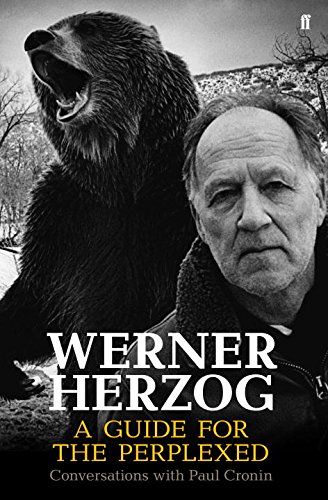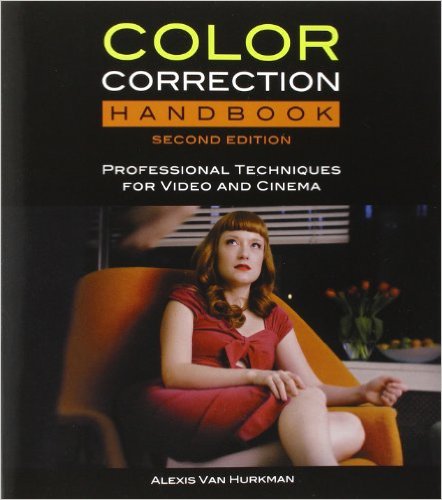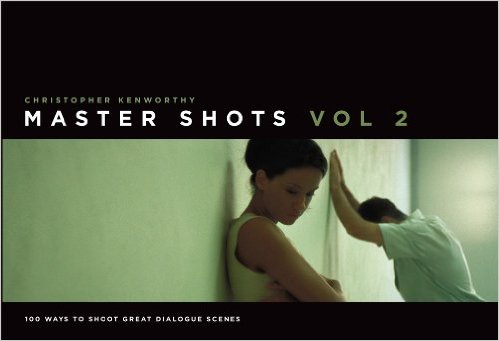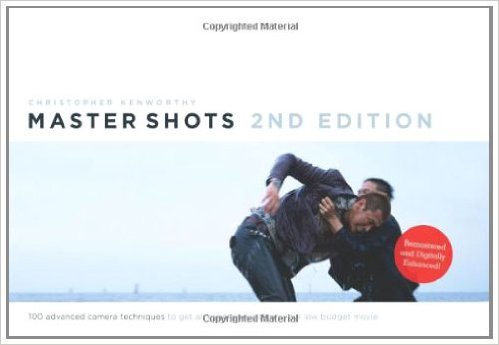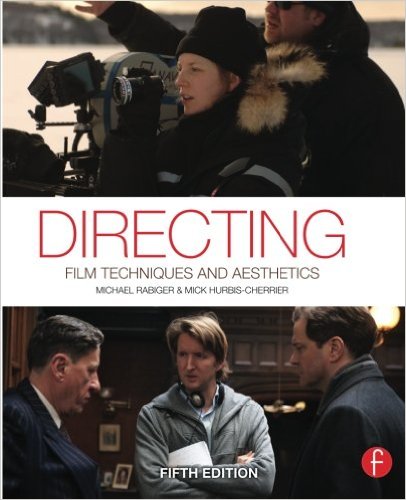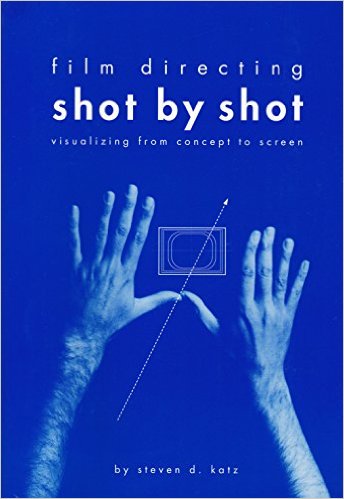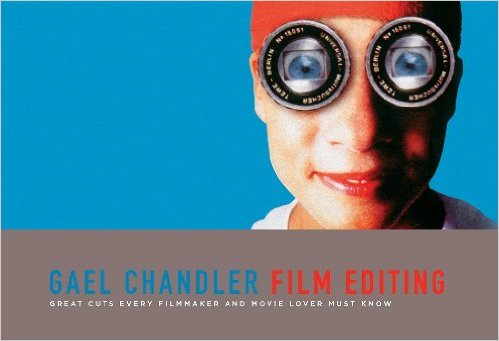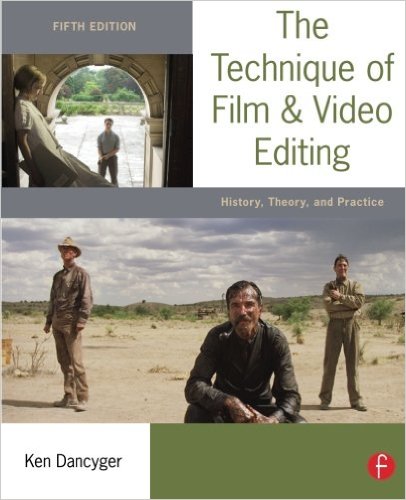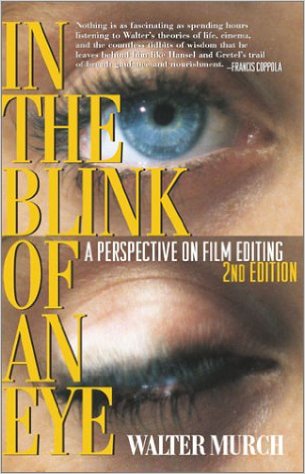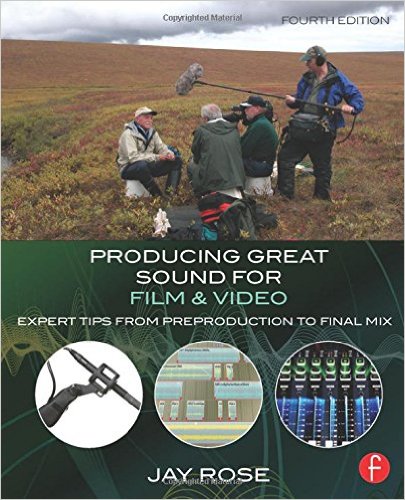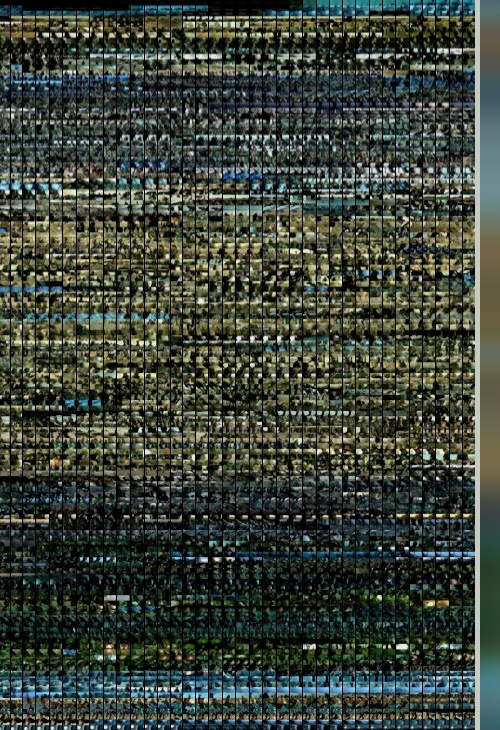Video
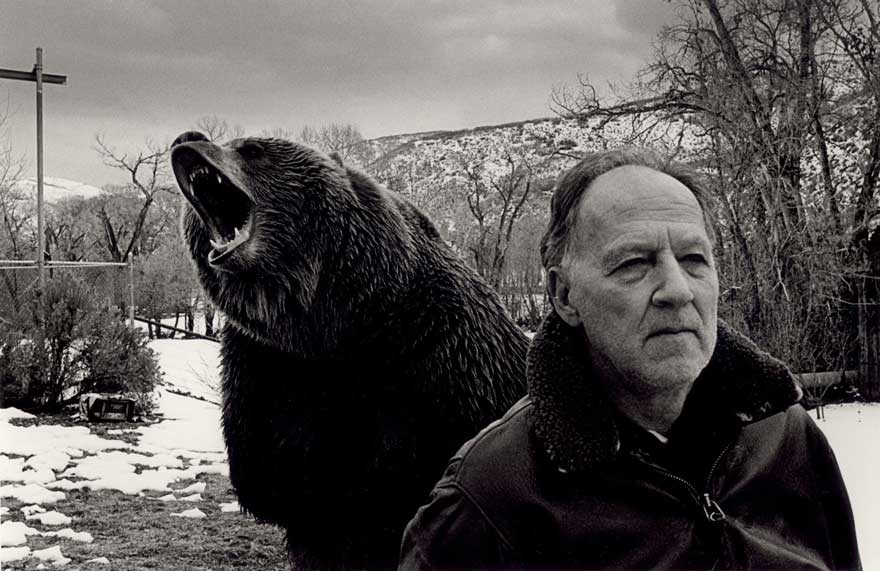
More Must-Read Books for Filmmakers.
Yesterday I shared my 20 favorite books on filmmaking and I received numerous emails saying “how come you didn’t include A” or “you can’t leave B out of the list!” So, by popular demand (literally) I’m adding a few more.
Let’s start the list with a non-technical book: “Werner Herzog: A Guide for the Perplexed” by Paul Cronin. I highlighted almost every page. Herzog provides SO much practical wisdom that I have gifted this book to at least 10 people so far, and I’m just getting started.
One of my goals this year is to get much better at grading. With current tools like the Lumetri Panel on Adobe Premiere Pro, or Davinci Resolve the excuses are over. The “Color Correction Handbook: Professional Techniques for Video and Cinema” by Alexis Van Hurkman is a dense, sometimes difficult book to follow, but it has all the information you might need to improve your color correction and grading skills. At almost 700 pages, I strongly suggest getting the digital version.
Christopher Kenworthy has authored not only one but TWO books I consider outstanding. I’d start with “100 Ways to Shoot Great Dialogue Scenes” and then get “Master Shots: 100 Advanced Camera Techniques to Get An Expensive Look on your Low Budget Movie.” Both are truly inspiring.
If you are interested in directing, Michael Rabiger’s “Directing: Film Techniques and Aesthetics” is very comprehensive. The book “explores how to discover your artistic identity, develop credible and compelling stories with your cast and crew, and become a storyteller with a distinctive voice and style.” I also like that there’s a companion website with additional teaching notes and practical hands-on projects.
Another good book for aspiring directors is “Shot by Shot: Visualizing from Concept to Screen” by Steven D. Katz. There’s a lot of good info, but the book is somewhat outdated.
I’m also very interested in editing, not necessarily to do it on every project but to have a better understanding of what my editor will, and will not, need. The more I learn about editing, the more efficient I am as a director of photography. There are three books I’d highly recommend on this topic (in order of preference): “Great Cuts Every Filmmaker and Movie Lover Must Know by Gael Chandler. Spend a few weeks mimicking every cut provided and you’d greatly enhance your understanding of the craft of editing.
My second pick would be “The Technique of Film and Video Editing: History, Theory, and Practice” by Ken Dancyger. Simply put “this isn’t a quick read but definitely worthwhile if you want to gain an understanding of what it takes to be an excellent director and editor.” Enough said.
My third pick would be “In the Blink of an Eye: A Perspective on Film Editing” by Walter Murch. This books seems to be on everyone’s favorite list.I always enjoy reading anything Murch, and this book is fun, but in all honesty I didn’t get much practical knowledge from it.
And last, but by no means least, a book about Sound: “Producing Great Sound for Film and Video” by Jay Rose. I just got this one for Christmas, but looking at the index, it promises a LOT of fun and exciting challenges.
What about you? Any favorite books?
Video
Color By Numbers: Jean-Luc Godard.
Video
Video
Color by Numbers: Sofia Coppola’s Pastels.
Video
Color by Numbers: Napoleon Dynamite.
Video
Color By Numbers: Amélie.
Video
Color by Numbers: Steven Soderbergh.
Video
Color by Numbers: The Grand Budapest Hotel.
Video
Color by Numbers: Zodiac.
Video
On colors and stories. Black Hawk Down’s color palette.
This wonderful frame-by-frame image shows the changing color palette in Ridley Scott’s movie Black Hawk Down. It is a great example on how color is directly related to the story’s development.
Video
Testing Canon’s C300 in jail.
A beautiful test video shot on the Canon EOS C300 at the Eastern State Penitentiary, in Philadelphia, PA. The video shows the ungraded Canon Log version and includes the ISO data for each shoot. The quality is amazing.
Also check the Penitentiary’s “360 degree tour.” It was shot by someone else using QuickTime VR technology. Historic photos accompany each of the 20 views, to illustrate how the place has changed over the last 170 years.
Video
Is this the future of Video editing?
Adobe just released some “early-stage technology ideas” during the recent Adobe MAX conference, and by far my favorite is “Video Meshes” which basically is a new way to edit videos that includes the ability to create 3D fly-throughs of 2D videos, AND change focus and depth of field.
Imagine the possibilities: Lightroom meets Premiere
meets Video Meshes meets the recently acquired Iridas. Iridas, just in case you missed it, is a leader in high-performance tools for digital color grading and enhancement of professional film and video content, including stereoscopic technology. Adobe is getting really serious about these things lately.
How long will it take for this to develop into a real product? Any guess?
I am also impressed with the gazillion of Cloud apps they have announced lately. But that’s another post for another day.
